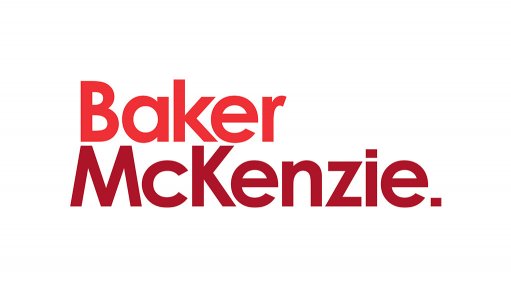
The Competition Amendment Act (Amendment Act), which was signed into law by South African President Cyril Ramaphosa on 13 February 2019, has clearly shown that enabling small and medium enterprises and Previously Disadvantaged Individuals (PDIs) to be able to successfully compete in the market is now a top priority for the Department of Economic Development and in turn the bodies tasked with monitoring compliance with the Competition Act. Several of the amendments required that consideration be given to these groups.
“The Amendment Act’s formulation arose from an apprehension that economic concentration was too high in a number of South African markets. Issues affecting healthy competition in the marketplace – such as excessive pricing, predatory pricing or other exclusionary conduct by dominant companies and the inability of new entrants to compete against established firms – are all addressed by the Competition Act. The Amendment Act was originally introduced in December 2017 but it was amended following public consultations and calls for comment and it now brings some notable amendments to the existing legislation, which has been signed into law,” explains Nick Alitni, Partner and Head of the Competition & Antitrust Practice at Baker McKenzie in Johannesburg.
Altini says that a feature of the Amendment Act likely to prove controversial is the reverse onus introduced in relation to excessive pricing matters and the stipulation that it is now a contravention for dominant firms to force small, medium and PDI suppliers in sectors to be designated to supply goods or services, or pay for them, at prices that are “unfair”.
“This means it will now be on dominant firms to counter the Competition Commission’s prima facie cases of these abuses of dominance against them. This is very different from the way our legal system currently works, which has generally always followed the concept of "innocent until proven guilty". The protection of small, medium and PDI business is a shift away from the way competition law has developed until now, which has never been about protecting the welfare of one competitor, but rather ensuring competition was maintained in markets overall. The new amendments therefore involve a measure of socio-economic engineering, which is unorthodox when one compares the Amendment Act to competition law regimes in other jurisdictions, but not necessarily an illegitimate aim,” he says.
Altini notes further that when dominant firms set their own prices, they need to be certain that they can justify them as reasonable and not excessive because of the shift in onus. Firms will have to ensure they implement pricing policies that are sustainable, deliver fair returns to shareholders but do not tend towards consumer exploitation. Excessive pricing is not a new concept, but the manner in which it will now be assessed is new, with the Amendment Act seeking to clarify what has otherwise been a very difficult concept and lowering the bar to successful excessive pricing prosecutions.
“Firms with market shares that may tend towards dominance (which does not necessarily denote a majority market share, it could be much lower) should have already conducted thorough reviews of their business practices to ensure compliance with the new Amendment Act.
“Many firms have focused their competition law compliance efforts up to now on collusion, and that is and must remain an essential element of compliance, but these efforts should not start and end there. One of the clear messages of the Amendment Act is that there are going to be more abuse of dominance investigations, prosecutions and adverse rulings than has been the case up to now,” he adds.